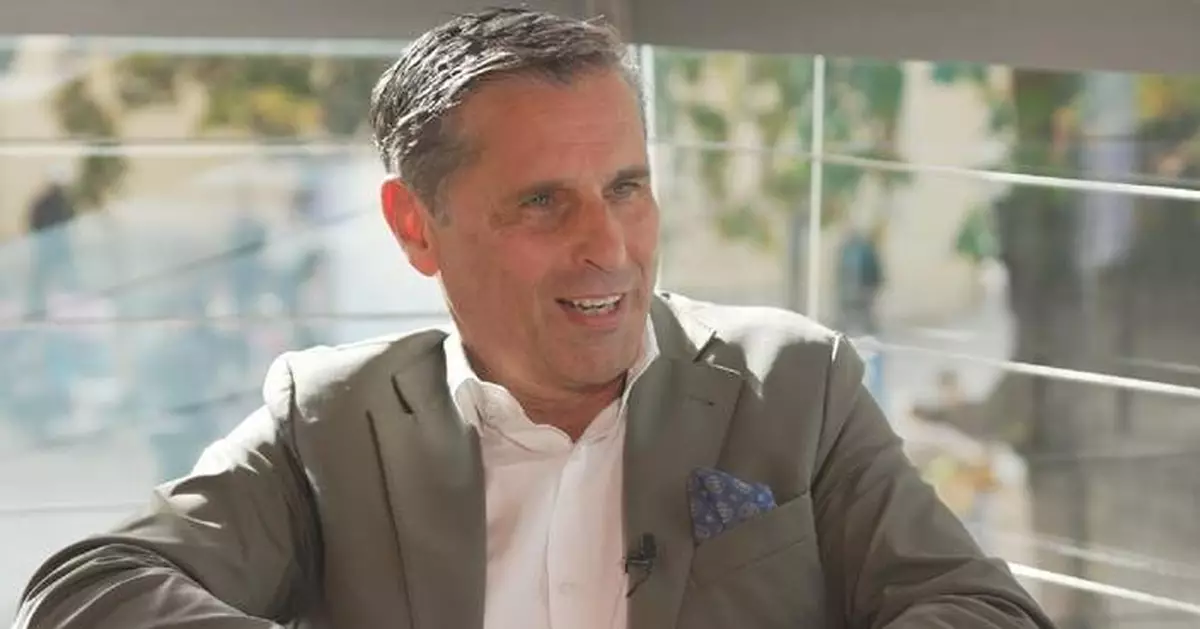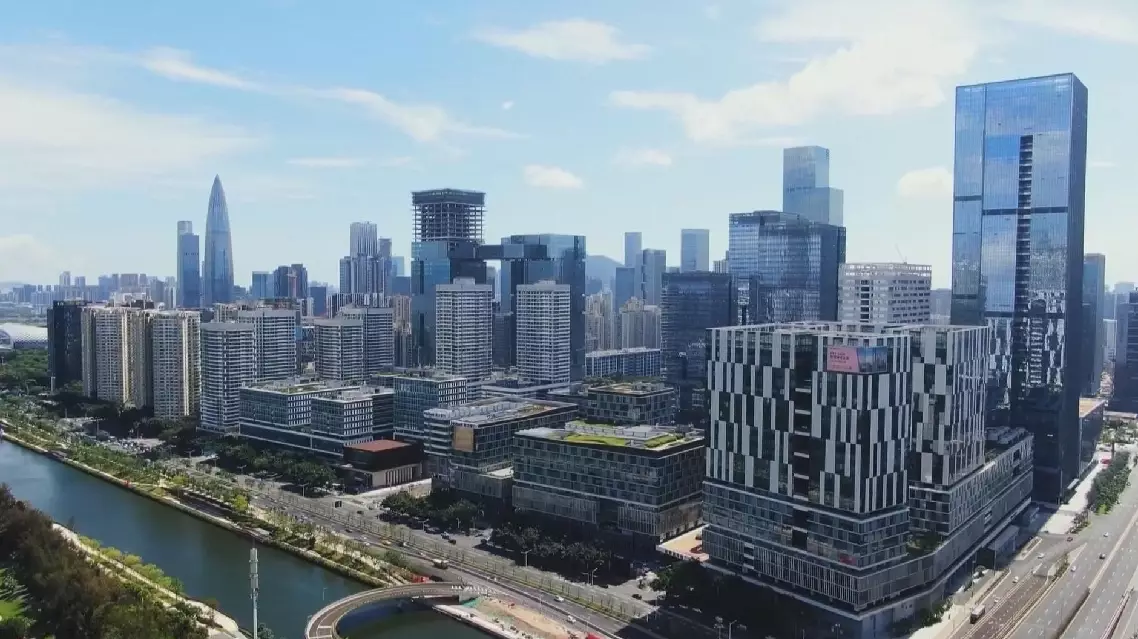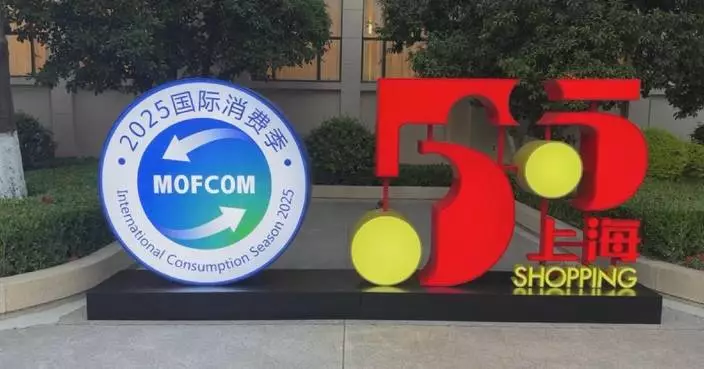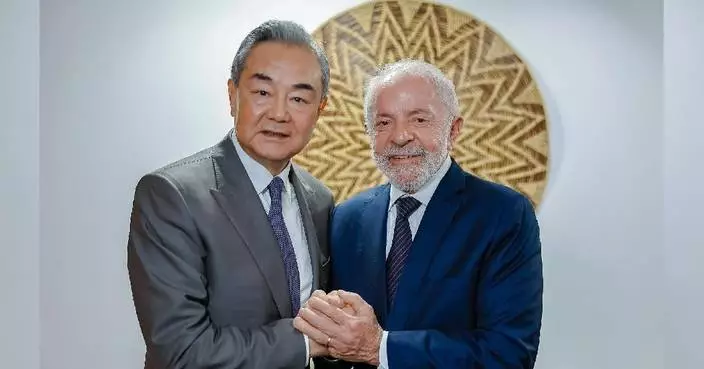The European automotive sector should strive to navigate through turbulent waters as it is caught between the rising tide of Chinese electric vehicles and the looming cliff of stringent EU emission targets, CEO of Czech automaker Skoda Klaus Zellmer has said.
The traditional high value-added industry involving tens of millions of jobs is now at a crossroad transforming into a green industry with pressing schemes to replace fuel-powered engines, Zellner told China Global Television Network (CGTN) at the sideline of the Summit Automotive Management in Stuttgart, Germany.
"The turning point or transformation that we're currently trying to manage is basically challenging because you have to offer a portfolio of drive trains, starting with efficient ICU engines, internal combustion engines, mild hybrid, strong hybrid, plug-in hybrid," he said.
The summit, themed "Looking to the future", saw delegates from European car businesses sharing their insights on the impact of ongoing tariff issue between the European Union and China and discussing challenges facing the automotive industry at large.
When it comes to electric vehicles, the main issues and concerns surround pricing as cars manufactured in Europe are significantly more expensive than those built in China. The latter has prompted the EU Commission -- the executive arm of the 27-nation European Union -- to push for tariffs as high as 45 percent on some Chinese EVs coming into the EU.
The commission says subsidies given to Chinese manufacturers create an unfair playing field. In response, China has called the tariffs unfair, and its Ministry of Commerce says the situation has seriously affected the two sides' cooperation in the automotive industry.
Without that breakthrough in the next few days, the new tariffs on Chinese EVs will come into effect on October 31.
But Chinese competition isn't the only challenge. Zellmer likened the industry's situation to a sports team facing new rivals.
"I wouldn't reduce it down to China. We have seen Japanese brands that we respect coming into the market, we've seen the Korean brands coming into the market, now we see Chinese brands coming into the market all fighting -- to be in favor of consumers out there -- to sell cars. And this is something that we've been doing for decades and we we will carry on doing that. It's a little bit like in football, in sports, there's a new team coming into the league and then you have to practice harder. You have to be fit, you have to lean, you have to be lean and mean, and you have to be very cost efficient," Zellner said.
Recently, German Chancellor Olaf Scholz criticized the tariffs. Zellner said that he agreed and warned that tariffs on Chinese-made electric cars will eventually have a detrimental impact on the European car industry.
"This is why we oppose tariffs, because this is exactly what's going to happen. So nobody will benefit. This is a tit for tat, I think you call it that in the English language. And this is what we do not agree with, this is why we completely agree with the parties that have opposed to introducing those tariffs," Zellner said.
The EU fleet-wide targets calculated for 2025 are 93.6 gram per kilometer for passenger cars and 153.9 gram per kilometer for light commercial vehicles.
As the clock ticks down to both the potential tariff implementation and the emissions deadline, the European auto industry finds itself in a race against time.
And in this high-stakes game, Zellmer and his peers are calling for a delicate balance between environmental ambition, fair competition, and economic reality.
"I'm not saying we should roll it back for a couple of years, (but) we have to review whether it's still feasible. And the problem is that the biggest challenge will be the deadline. On the 31st of December, 2025, you have to fulfill a certain CO2 limit. Everybody's going to work towards that. Now, what we see in Europe, in the biggest markets, especially here in Germany as an example, is a slowdown in battery electric vehicles. The biggest leverage you have for battery electric vehicles (is this target). Now if consumers don't, a sentiment doesn't automatically gravitate towards battery electric vehicles and jeopardize your CO2 footprint that you have to stick to it to stay beyond below the limit," Zellner said.
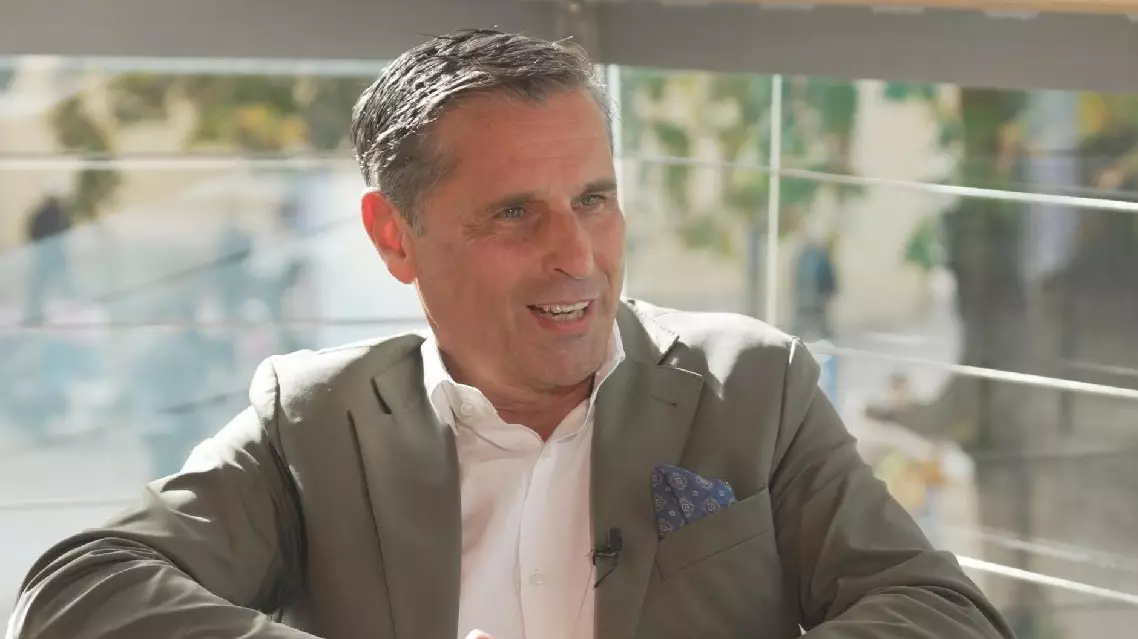
EU automakers should embrace competition against Chinese EVs: Skoda CEO


